Elder Care
The “Centenarian Ball” of 1923 at the Hebrew Friendly Inn and Home for the Aged was reported to be a gay affair. Its 100-year-old residents (as well as their younger compatriots) danced the waltz, polka, quadrille, turkey trot and pigeon-wing. At 101 years old, Isaac Goldman, blind but “merry as youth,” “sang and danced with the best and most agile of them.” Even in those days, the AJC understood it was not enough to just care for the basic needs of a person but to look at the entire picture of a person’s life, the social and emotional needs as well.
The Hebrew Friendly Inn had been caring for the elderly in Baltimore since 1890, but by the late 1920s, it and the adjacent Hebrew Home for the Aged and Infirm had become overcrowded. In 1927, the combined organizations moved to out to Levindale in Baltimore County, in a journey that newspapers dubbed the “Exodus.” “Clutching homely bundles … and wiping furtive tears from misty eyes, eighty residents of the Hebrew Friendly Inn and Aged Home left behind them today their home of the last 25 years,” reported The Evening Sun. “Leading the bustle was Mrs. Rose Eli, who is 107 years old and willing to demonstrate that she is as spry as any of the youths of 90 or so.”
In the mid-1960s, The Associated conducted the first Population Study of the Jewish Community of Greater Baltimore, which found that an ever-growing percentage of the area’s Jewish population was over the age of 65 and that the community was not prepared to meet the needs of this group. The study also revealed that almost half of those between the ages of 65 and 74, were below the $5,000 annual income level. (About $37,000 today.) More than 2,200 of the Jews past age 60 were handicapped—with more than half living at home—but only 270 were under constant medical supervision.
“This demographic study sort of frightened us,” recalled organizer Robert Hiller in an oral history interview. “So what we did then was to pick up and [make some recommendations]. And it was out of that, for example, Hackerman House was built, Levindale was remodeled and reorganized.”
Another recommendation was to “reach out to the aged and provide them with those services that help them live with maximum independence and reduce the risk of deterioration and social isolation…to help them to continue to function with in the community.” One of the ways to accomplish this was by adding casework and counseling services to quickly identify developing problems and to create additional programming for the seniors at the Jewish Community Center, allowing for a more active and vital life.
In 1970, Levindale, which had continued to grow and expand over the years, established the nation’s first adult daycare. The center, which became a national model, was designed to provide socially isolated, house-bound men and women with the services available at Levindale. All the programs and activities at Levindale were available to the participants, including transportation and two meals a day. “This program seeks to provide the opportunity for older people to undertake new experiences for themselves according to their own capacities and inclinations,” said Mr. Isidore Hettleman, chairman of the day resident program upon its founding.
Also, in 1970, Concord House, a 10-story, 231-unit residence, was built near Levindale specifically for low-income elderly individually opened and was managed by CHAI (Comprehensive Housing Assistance Inc.). It offered “daily meals, an emergency bell in each room, and recreational activities, including a social club.”
Concord House became the first of CHAI’s affordable senior living facilities, scattered around northwest Baltimore. These Weinberg senior living communities provide more than apartments – they offer meals and activities so that older adults can enjoy life and make new friends. In addition, CHAI created one of the first village communities in Baltimore – its’ Northwest Neighbors Connecting. Part of the Supportive Community Network, its members participate in social events and cultural activities as well as access transportation to grocery stores and medical appointments, ensuring they can age in place.
Subscribe to our newsletter
The Associated is a home for everyone in the Baltimore Jewish community. We offer several email lists to help people find a community, engage with their peers and support Jewish journeys around the world.
Join Our Mailing ListAdd Impact to Your Inbox
Sign up for our newsletter
Subscribe to our newsletter
The Associated is a home for everyone in the Baltimore Jewish community. We offer several email lists to help people find a community, engage with their peers and support Jewish journeys around the world.
Join Our Mailing List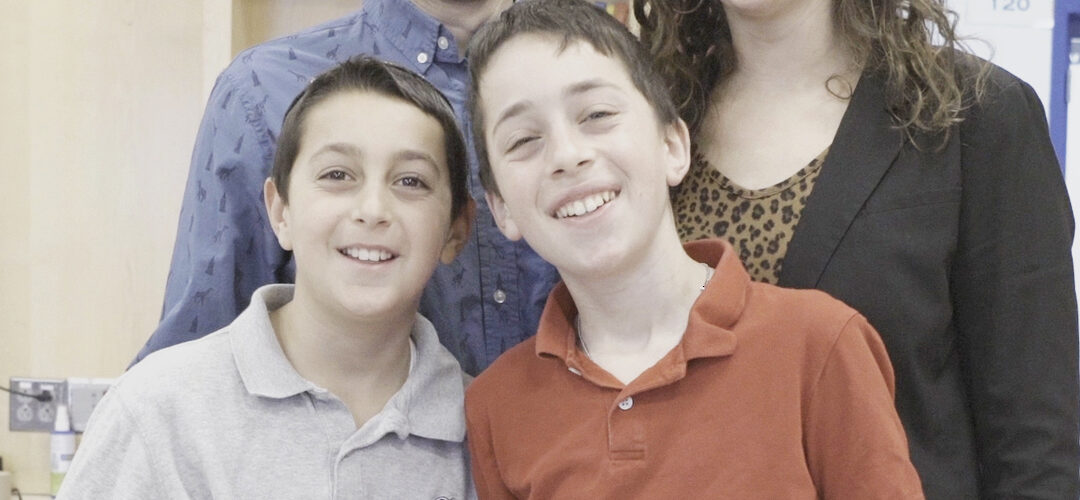


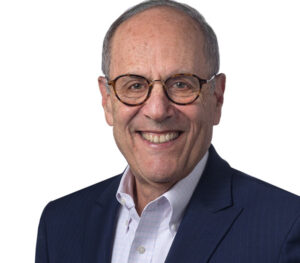
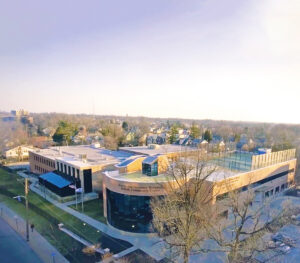

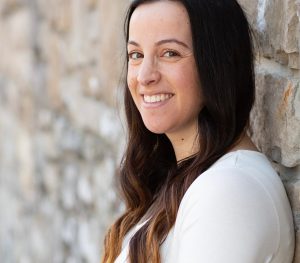
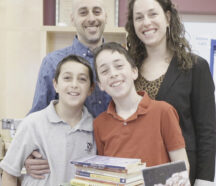

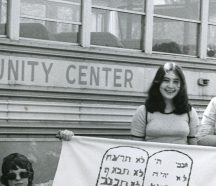
 Please Wait while we loading your video.
Please Wait while we loading your video.